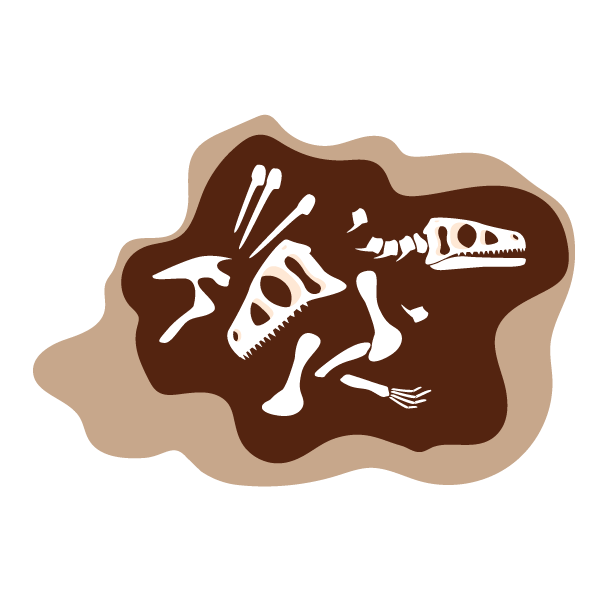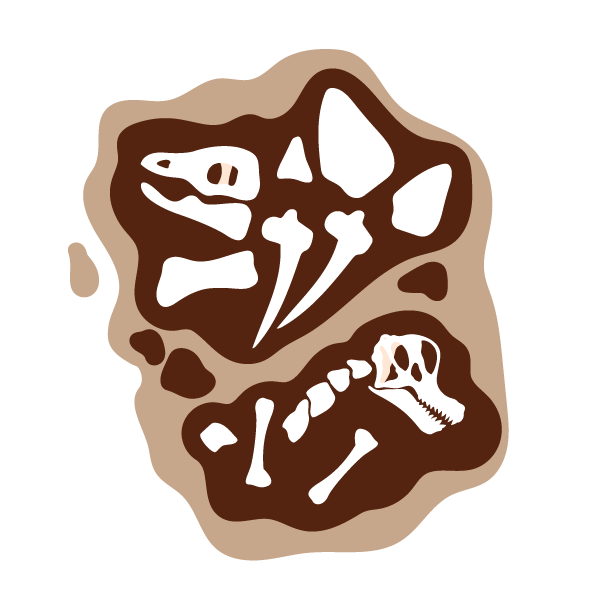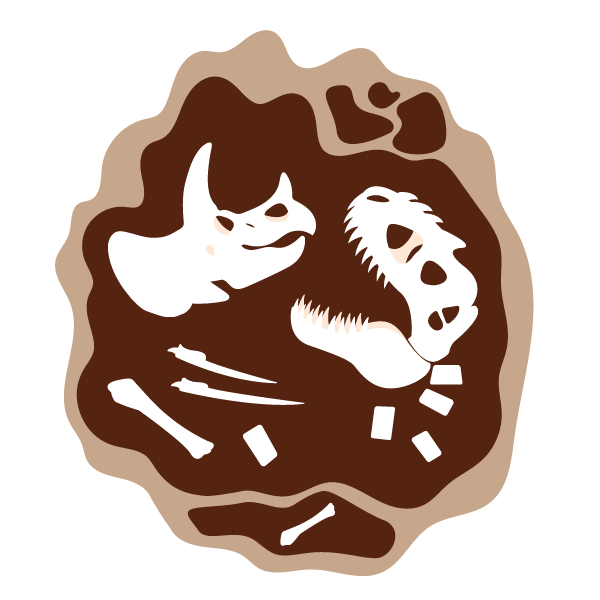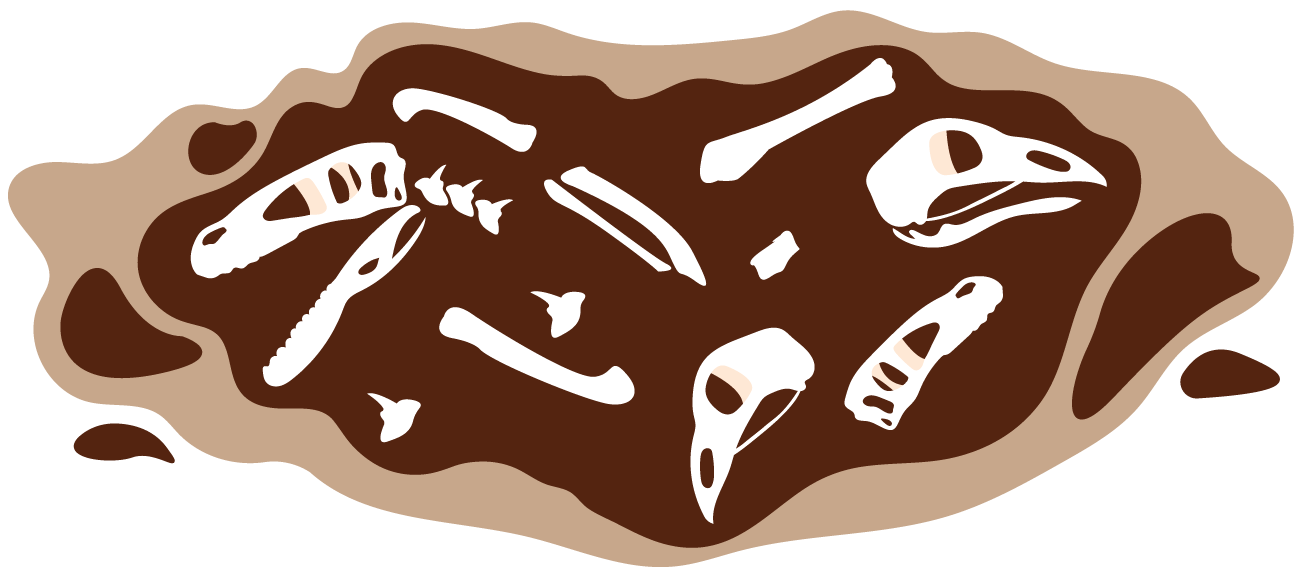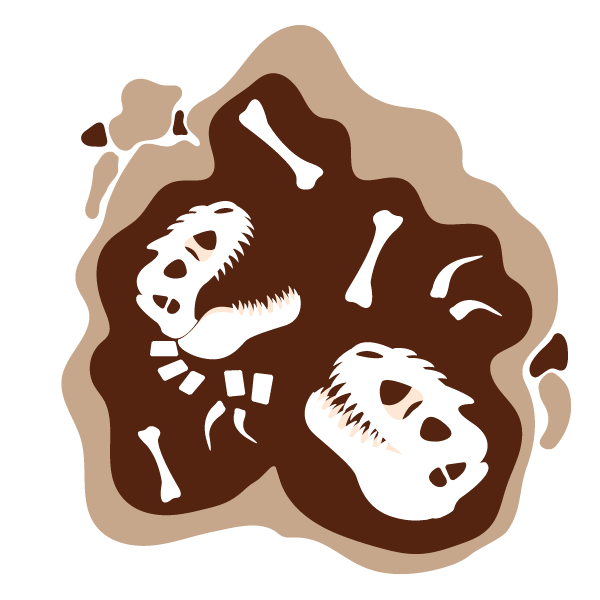

How it started?
Triassic, Jurassic, and Cretaceous are the three main periods of the Mesozoic Era, known as the "Age of Dinosaurs".
Triassic marks the beginning, Jurassic represents the peak diversity of dinosaurs, and Cretaceous signifies their dominance, encompassing both gigantic herbivorous and carnivorous species.
